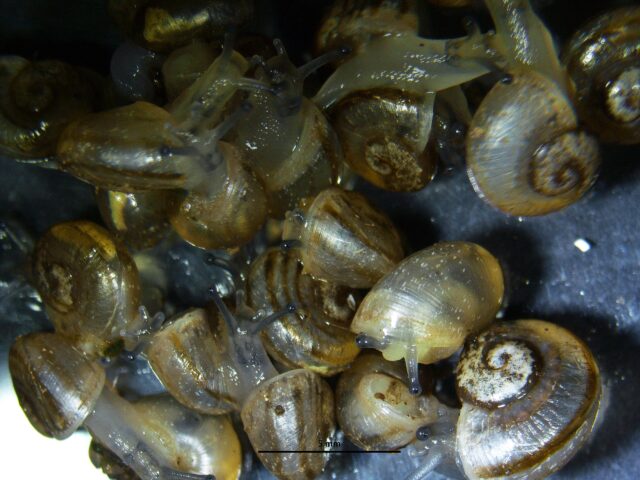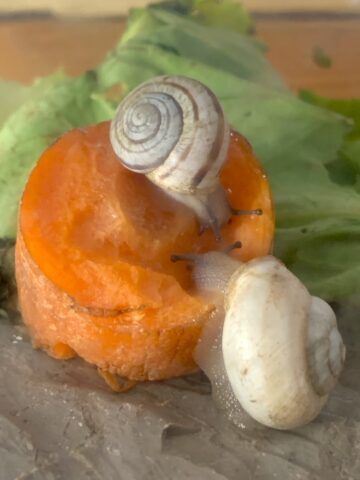Three snail species protected under revised Nature Protection Act
The Government has added three species of snail to the list of protected species under the Nature Protection Act following a research project led by Dr Alex Menez.
Dr Menez, Senior Scientific and Conservation Officer and Honorary Fellow at the Gibraltar National Museum, conducted the research as part of his work with the Field Ecology Research Group at the University of Gibraltar. His research has focused on the study and captive breeding of land molluscs, some of which have experienced population declines in recent decades.


The project includes the potential release of captive-bred juvenile, sub-adult and adult snails into their original habitats, which may improve the chances of survival in familiar environments.
The Nature Protection Act 1991 currently protects over half of Gibraltar’s land mollusc species, including endemic species. Following the latest revision, three additional snail species have been listed:
Papillifera papillaris, an introduced species first recorded in Gibraltar and southern Iberia many years ago, which is now rare and found in only two locations in Gibraltar.
Pseudotachea litturata, once abundant mainly at Mediterranean Steps, but which has seen significant population decline over recent decades.
Rossmaessleria scherzeri, a Gibraltar endemic species known since 1867 with a restricted distribution, has been listed in Schedule 3, providing a higher level of protection.
The captive breeding programme and the inclusion of these species in the Nature Protection Act aim to support the conservation of Gibraltar’s fauna.
The Minister for the Environment, Dr John Cortes, said: “While these are small species which some may find insignificant, they are rare, and in the case of one of them, it is found nowhere else on Earth.”
“We have an obligation to protect and enhance our biodiversity, especially in relation to species unique to Gibraltar.”
“The legal step is the easy one. Dr Menez’s specialised and difficult conservation work will hopefully ensure their survival.”









